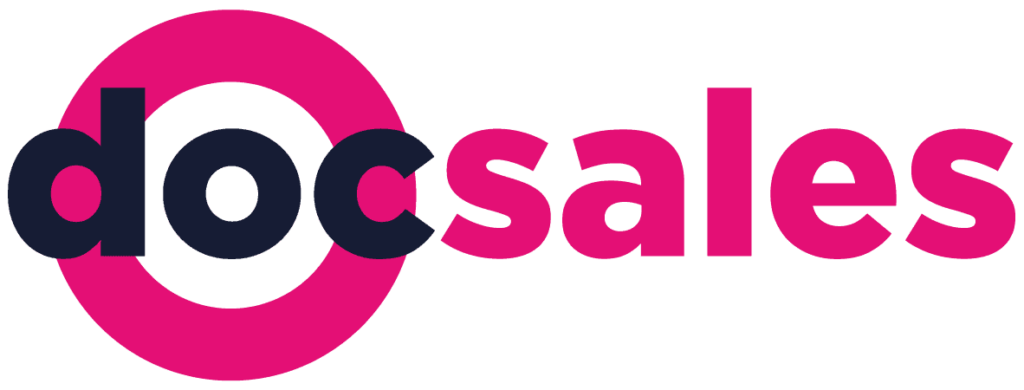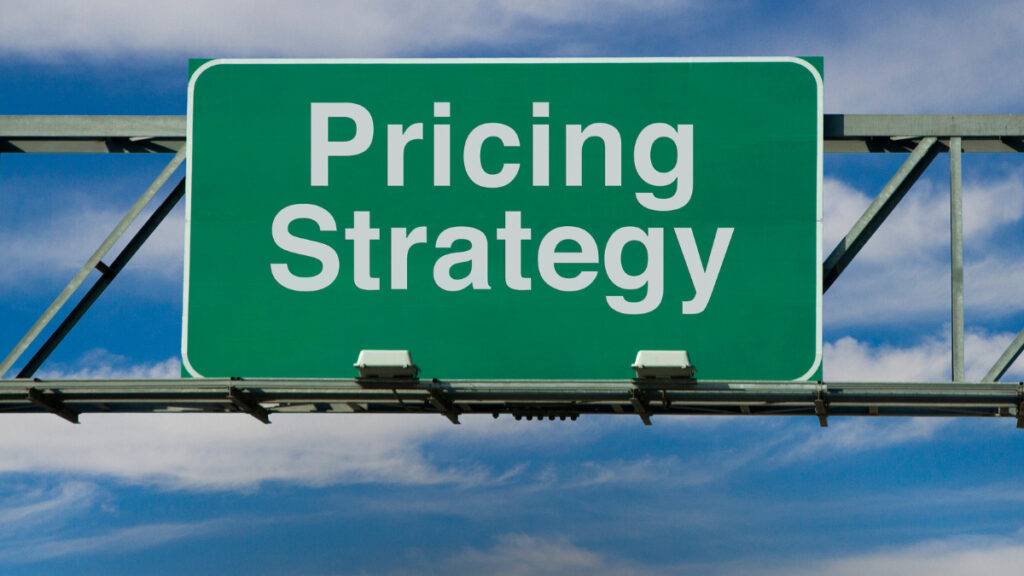Given technological advancements and the changing sales landscape, the use of CRMs (customer relationship management software) has become indispensable to businesses. A CRM allows you to track a customer’s contact with your business, thus strengthening and standardizing your service.
However, a CRM may present certain issues after it’s implemented. One of these issues? Sending sales proposals, an indispensable step to finalizing sales.
The good news is that there’s a solution: the integration of CRM and sales proposal automation software. To better understand how this works, read on and see how sales proposal automation can complement the use of a CRM.
The challenges of CRMs and sales proposals
Using a system to manage customer relationships is especially important, given the need to monitor customers’ behavior and needs. However, understanding what is most effective for each customer isn’t enough—it’s also necessary to apply this information and get results.
In most cases, this means sending a customer a sales proposal. A well-executed proposal can convert the customer, generating a new sale. However, this process isn’t perfect. Here are three of the biggest challenges with using CRMs during this process.
1. Timely submission of sales proposals
Often a CRM allows a business to know what the customer needs, helping the business create a proposal. This does not guarantee, however, that the proposal will be sent in a timely manner.
This situation hampers the sales team’s performance and can lead to a loss of efficiency. Especially when the sales cycle is shorter and timing is crucial, sending a proposal at the wrong time can kill a deal.
In a situation like this, the information obtained by using a CRM is non-applicable in practice. The sales team knows the customers and can map the relationships, but can’t translate this into new business, which compromises their results.
2. Standardizing proposals
One of the most important factors for submitting a successful sales proposal is standardization. By optimizing the sales proposal process, your sales team can increase their performance, spend less time writing proposals, and sell more. A lot more.
Having proposals ready in advance also facilitates the integration between one process and another, resulting in your team better meeting the needs of the customer. And everything will be done more quickly and efficiently, even once the proposal is customized for the specific needs of each customer.
Not to mention, your team will be better prepared for buyer objections.
3. Sales proposal follow-ups
Finally, monitoring sales proposals is more difficult because CRMs are typically not designed for this task.
This means, for example, that your sales team might not follow up after sending a sales proposal, possibly decreasing the chances of the customer saying “yes”. In addition, lack of monitoring prevents the sales team from knowing the real-time status of the proposal.
This reduces the proactivity of the sales team, making it difficult to obtain results.
How to supplement the use of your CRM
Getting rid of your CRM isn’t the solution to the above problems. On the contrary, a CRM is still an indispensable tool for any business that wishes to be more proactive with its customers. Without a CRM, the customer relationship becomes more difficult to manage.
If your current CRM doesn’t allow your team to submit, standardize, and/or follow-up on proposals, the best solution is to integrate your CRM with a solution that automates sending sales proposals.
Integrate and automate processes
It is especially advantageous to integrate your CRM with an automated solution for sending sales proposals. If the automated solution can be securely integrated with your CRM, the three major CRM problems outlined above will be solved.
Look for an easy implementation
While you’re searching for automated solutions, look for an option that is intuitive and easy to implement. This will shorten the time the sales team spends adapting to the new integration and will allow for better results with less effort.
Keep track of relationships with your customers
By integrating your CRM with a sales proposal automation solution, your team will be able to easily monitor which proposals customers read and accept.
Another benefit is that the proposal data will automatically enter your CRM, which allows the sales team to follow-up and strengthen the customer relationship.
With the right integration, your CRM is neither replaced nor modified. Instead, its strengths are complemented. It becomes even more integral to your business, leading to more sales.
Want to make your CRM even more effective? Get a free DocSales trial and automate your sales quotes and proposals.
Learn more about sales pipeline by clicking here.






